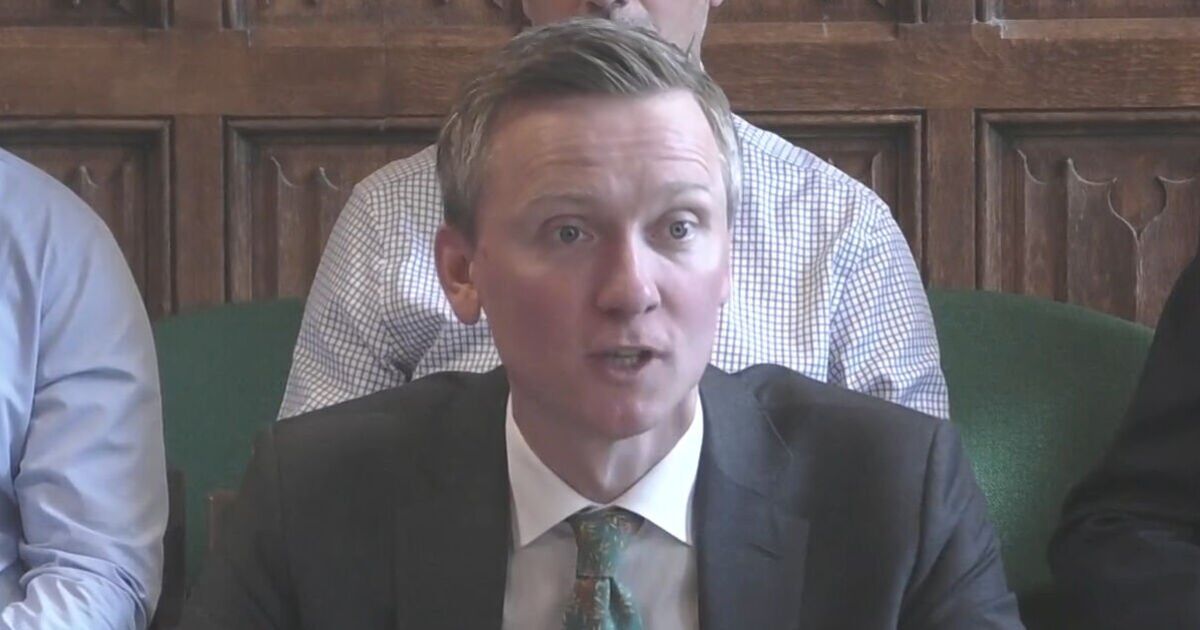Labour has issued an update on the prospect of moving to a means-tested system for the state pension. Pensions minister Torsten Bell spoke about the idea as he appeared before the Work and Pensions Commmittee on June 4.
Payment rates for the state pension are currently based on your National Insurance (NI) contributions. You typically need 35 years of full NI contributions to get the full new state pension, which pays £ 230.25 a week.
He told the MPs: “I know some people call for means testing of the state pension. I believe the Opposition accidentally did a few months back. I do occasionally hear those calls.”
In January, Conservative Party leader Kemi Badenoch said during a radio call-in show on LBC that “we are going to look at means-testing” when asked about the triple lock metric, which determines how much state pension payments increase each April.
The pensions minister went on to speak further about the notion of a means-tested system. Mr Bell told the committee: “Some other countries do have more of that.
“They have less focus on the baseline state pension and more means testing. Australia is the classic example.
“We are not interested in those. The consensus is that a higher, less unequal new state pension is the right approach to be taking.”
The older basic state pension pays less, at just £176.45 a week at the full rate, and you usually need 30 years of NI contributions to get this. Some people on the old system get additional payments on top of the basic rate.
Mr Bell was also asked about the Government’s state pension age policy. You can currently claim your state pension when you turn 66 but this is gradually increasing to 67 between 2026 and 2028.
There are also plans to increase the age again up to 68, moving up in stages between 2044 and 2046. Mr Bell said: “There is an increase coming over the course of 2026 and 2028.
“Beyond that, the legal requirement is very clear on us, which is we need to put in place an independent state pension age review by March 2029.
“We will do that. Then the Government’s job is to respond to that. I’m not going to be setting out policy separate from that formal process.”
He went on to say that any changes to the state pension age need to be “fully funded” and that the thinking behind where the state pension age is set is to “hold the share of life in retirement constant”.
He explained: “That is the underlying motivation for what is going on with state pension age decisions. That is the basic policy.”
